THE STORIES
Couched in a Curious Bed
Erin Horáková
Having lost his youngest son, a shaken but still-living York is determined to bring the War of the Roses to a swift end – preferably one that will benefit his family. The Lancastrian queen and heir are dead, and, medieval diplomacy being what it is, the best hope for peace lies in a highly unexpected royal marriage.
The Lord and Christopher Sly
Vanessa Mulberry
Christopher Sly is a wastrel with nothing to his name but a handsome face, but he’s always intrigued the local Lord. When he finds Sly drunk outside an inn, the Lord decides to play a trick on him and give him a taste of a better life.
In Fair Verona
Julie Bozza
Adventures naturally befall Lord Byron while he travels through Europe, but all are deliciously surpassed when he is visited by an apparition in the book-lined parlour of an old palazzo in Verona.
Under the Veil of Wildness
Adam Fitzroy
It isn’t only contemplation that Hal’s obscured under the veil of wildness; also growing like the summer grass, wildest at night, is another personality – a female one, Arietta. When a French spy discovers Hal’s secret, trouble follows – but the sequence of events is not what either of them had been expecting…
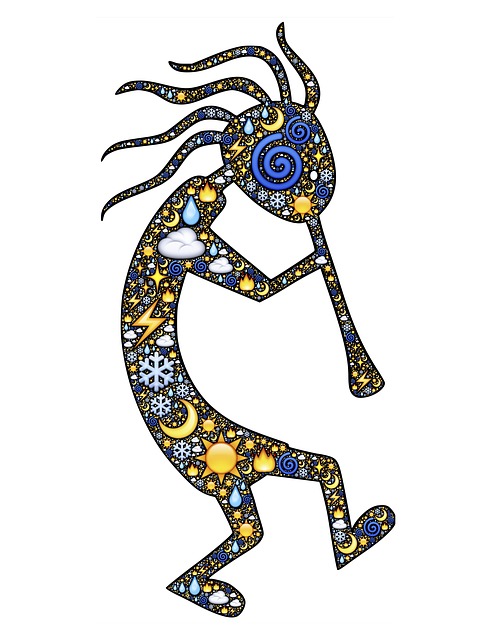
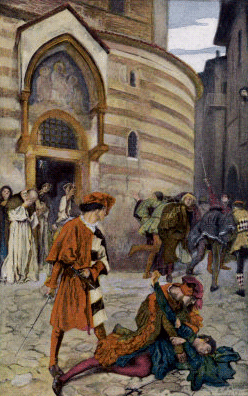

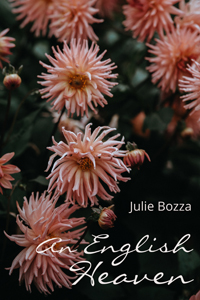 Blurb: A muddy trench in France during the Great War wasn’t the most auspicious place for Tom and Michael to reach an understanding of their own natures. A small, individual tragedy unfolds … But then Tom discovers a place beyond, where he and other men like him are blessed with all that life denied them.
Blurb: A muddy trench in France during the Great War wasn’t the most auspicious place for Tom and Michael to reach an understanding of their own natures. A small, individual tragedy unfolds … But then Tom discovers a place beyond, where he and other men like him are blessed with all that life denied them.
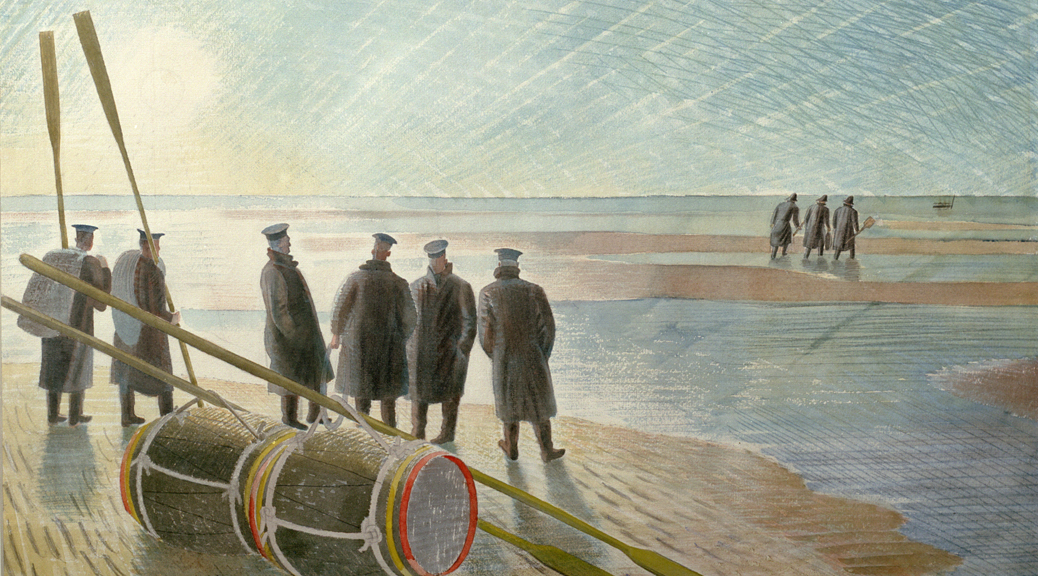
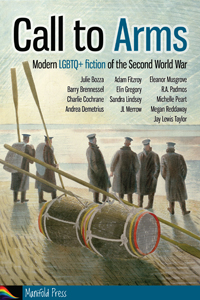 Modern LGBTQ+ fiction of the Second World War
Modern LGBTQ+ fiction of the Second World War